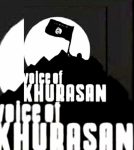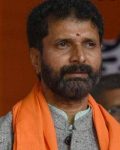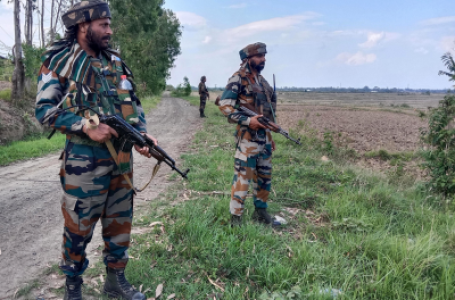March 5, 2020
Kabul: Afghan experts have cast doubts over the outcome of the historic US-Taliban peace accord, which was signed in Doha on February 29 after 18 months of negotiations,
saying that the accord won’t lead to ending the war in Afghanistan at least in the near future.
Under the agreement, the US would reduce its forces to 8,600 within 135 days and all the Washington-led coalition forces would be pull out within 14 months from Afghanistan depending on the Taliban meeting the conditions envisaged in the agreement including severing ties with the terrorist outfits such as the Islamic State and Al Qaeda.
But political expert Dad Mohammad Anaby told Xinhua news agency that despite the agreement, other radical groups and associated outfits would continue fighting in Afghanistan.
“There are several militant groups and Taliban is only one of them. Inking peace deal with the Taliban won’t bring peace in Afghanistan,” Anaby said.
The expert also added that Mullah Rasoul the leader of the breakaway Taliban faction has already dismissed the peace deal as illegitimate and lack of legal value.
According to local media reports, the Taliban leadership has ordered resumption of attacks on Afghan forces, but the armed group’s spokespersons were yet to make an official statement on it.
According to security officials and media reports, more than three dozen security personnel and civilians have been killed by Taliban attacks across the country over the past three days.
On Wednesday, Taliban attacked Afghan forces in Helmand province, while the US military launched airstrikes against the militants in Nahr-e-Saraj district.
Taliban’s demand for the release of 5,000 detainees before March 10 as a precondition for intra-Afghan dialogue, according to Afghan observers, was an obstacle for holding the peace talks between the two sides.
“Taliban has been demanding the release of 5,000 prisoners from Afghan jails as precondition for initiating intra-Afghan dialogue, stressing the release of the detainees is part of the accord with the United States but the Afghan government has rejected the demand,” another expert told Xinhua news agency.
Nevertheless, he believes that “the US benefits from the so-called peace accord more than the Afghans as the Taliban stated that the group stopped fighting against the Americans but would fight against Afghan forces”.
“Inking the deal is not the end of war, rather it is the beginning of a long and rugged way ahead to achieve lasting peace,” the expert added.
Taliban’s insistence for restoration of the Islamic Emirate of Afghanistan, the extremist regime dethroned by the US-led military invasion in late 2001, could be the main hurdle in the negotiation, another analyst retired army general Atequllah Amarhil said.
“No one like Islamic Emirate to be restored and the Taliban leadership has no choice but to discuss on power sharing and join the government,” said Amarkhil.
However, he observed that the Taliban outfit has realized that it can’t win the war and that was why it initiated dialogue with the US and would sit on negotiating table with Afghan government in future.
“Although the peace efforts seem far from reaching agreement between Taliban and Afghan government in the near future, I believe it would eventually achieve a long-term goal which is the restoration of peace in Afghanistan.” IANS

















